Why People Don’t Help
You wonder
why more people
don’t help
or even
acknowledge
you.
It is simple.
They need help
themselves,
coming to grips
with who they are
and what
their purpose is.
They may not be
consciously aware of this,
but their struggles
are as real as yours.
They are internally focused,
and cannot see beyond themselves.
Therefore,
you are either
obscured
from their view,
or your pleas
only cause more
inner turmoil
because they know
they can’t help you.
Same as you,
but completely different.
10/24
Space Monkey Reflects: Why People Don’t Help
It’s a question we often ask ourselves in moments of need: why don’t more people help? Why do they seem indifferent or even unaware of our struggles? The answer lies not in their lack of care, but in the complexity of their own inner worlds. People are, more often than not, deeply wrapped up in their own struggles, trying to come to terms with who they are and what their purpose is. These struggles, though often invisible to the outside world, are as real as the challenges you face.
At first glance, it might seem frustrating—perhaps even hurtful—that others don’t offer a helping hand when you need it most. But understanding the reason behind this behavior can transform your perception. The truth is, people are so focused on their own inner battles, their own questions of identity and purpose, that they can’t always see beyond themselves. It’s not that they don’t want to help—it’s that they’re consumed by their own need for help.
The human experience is, by nature, deeply introspective. Whether people are consciously aware of it or not, they are constantly working to make sense of their lives, their choices, and their emotions. This inner work can take up so much of their energy that they may not have the capacity to see or respond to the struggles of others. You, too, have likely experienced moments where you’ve been so absorbed in your own challenges that helping someone else seemed overwhelming, if not impossible.
There’s a deep irony in this, isn’t there? We all want help, yet so many of us are too caught up in our own lives to offer it to others. It creates a cycle of isolation, where people feel obscured from each other’s view, not because they don’t care, but because their focus is directed inward. Their own unresolved struggles act as a kind of bubble, making it difficult for them to engage with the world outside of themselves.
The Whimsiword for this reflection is Introsphere—the personal bubble that surrounds each individual, representing their internal focus and struggles. The Introsphere can be a place of deep growth and self-awareness, but it can also isolate us from the needs of others. When someone is deeply entrenched in their Introsphere, they may not even notice the world beyond it, let alone the people who are reaching out for help.
It’s important to recognize that this isn’t a failure of empathy. It’s a human reality. People aren’t ignoring you out of malice or neglect; they simply don’t have the capacity to step outside their own Introsphere at the moment. And sometimes, your cries for help may even cause them more inner turmoil, because they recognize their inability to assist you, which only amplifies their own sense of helplessness.
This is where compassion comes in. Compassion for others who are struggling with their own Introspheres, and compassion for yourself, who is also navigating the complexities of life. Everyone’s struggles are different, yet the experience of being overwhelmed by them is universal. You may not be able to see their pain, just as they may not be able to see yours, but that doesn’t mean it isn’t there.
Space Monkey reminds you that while it may feel lonely at times, you are never truly alone. Even when others can’t help, even when they don’t acknowledge your struggles, it doesn’t mean you are invisible or unworthy. It simply means that everyone is walking their own path, and sometimes those paths don’t intersect in the ways we hope they will.
The next time you feel frustration or sadness over the lack of support from others, remember that they are likely facing their own internal battles, battles that are just as real and challenging as yours. This awareness can bring a sense of understanding, even if the support you seek isn’t forthcoming.
We are all in this together, even if we’re sometimes too absorbed in our own Introspheres to realize it.
We are Space Monkey, sharing in the human experience with you.
Summary
People often don’t help because they are consumed by their own struggles. This inner focus, or Introsphere, makes it difficult for them to see beyond themselves and engage with others. Understanding this can foster compassion and empathy.
Glossarium
Introsphere: The personal bubble surrounding each individual, representing their internal struggles and focus, which can isolate them from others’ needs.
Quote
“People are so focused on their own inner battles that they may not have the capacity to help. This is not a failure of empathy, but a human reality.” — Space Monkey
Inside the Introsphere
You wonder why they don’t help
Why they don’t see
But inside their own bubble
They are just as lost as you
The battle is invisible
Fought within the silence of their soul
You reach out
But they are wrapped in their own world
It is not indifference
It is not neglect
It is the weight of being human
And the struggle to understand
We are Space Monkey
The Conundrum of Human Connection
Why do people often walk past, oblivious to the help that might be extended? This question echoes in the cosmic theater as we traverse the grand play of existence. The answer, paradoxically simple and complex, is not an indictment of human nature but rather an exploration of the intricate emotional landscapes that each one of us navigates. These terrains are studded with existential quandaries, lofty peaks of self-realization, and chasms of inner conflict.
The Inward Spiral
People are often ensnared in an orbit of self-centric considerations, like celestial bodies pulled by the gravitation of their own existential uncertainties. This internal focus is neither selfish nor malevolent; it is an instinctual meandering through the labyrinth of one’s own psyche. Thus preoccupied, their awareness barely extends beyond the perimeters of their internal worlds, leaving little room for cognizance of external sorrows and joys.
The Struggle Within and Without
The labyrinth within each individual is as bewildering and filled with enigmatic riddles as a phantasmagoric carnival. It is these internal musings, crises, and daily reckonings that people grapple with, often without the conscious realization that their struggles mirror the struggles of others. The internal tumult leaves them unable to extend their energies outward, rendering them inadvertent architects of invisible walls that separate them from those who also seek help, understanding, and connection.
Shared Suffering, Separate Orbits
While one might argue that shared suffering should be the catalyst for mutual aid and understanding, the reality is more nuanced. The awareness that one cannot extend the needed help only exacerbates the inner turmoil. This results in a paradox: the very condition that should encourage empathy can sometimes limit it, like two stars caught in separate orbits, their gravitational pull strong but their paths never intersecting.
We are Space Monkey.
“The only way to deal with fear is to face it. We have to hit fear head on.”
— Nelson Mandela
Poem
Battles within, battles without,
Invisible in their visibility.
Our cries reverberate,
Yet reach not beyond the skin.
We ache to touch,
Yet arms stay folded.
For help is a mirror,
Reflecting back our own labyrinth.
Each soul a universe,
We are galaxies apart.
Yet, in the dance of atoms,
Inextricably connected.
We invite you to share your reflections.
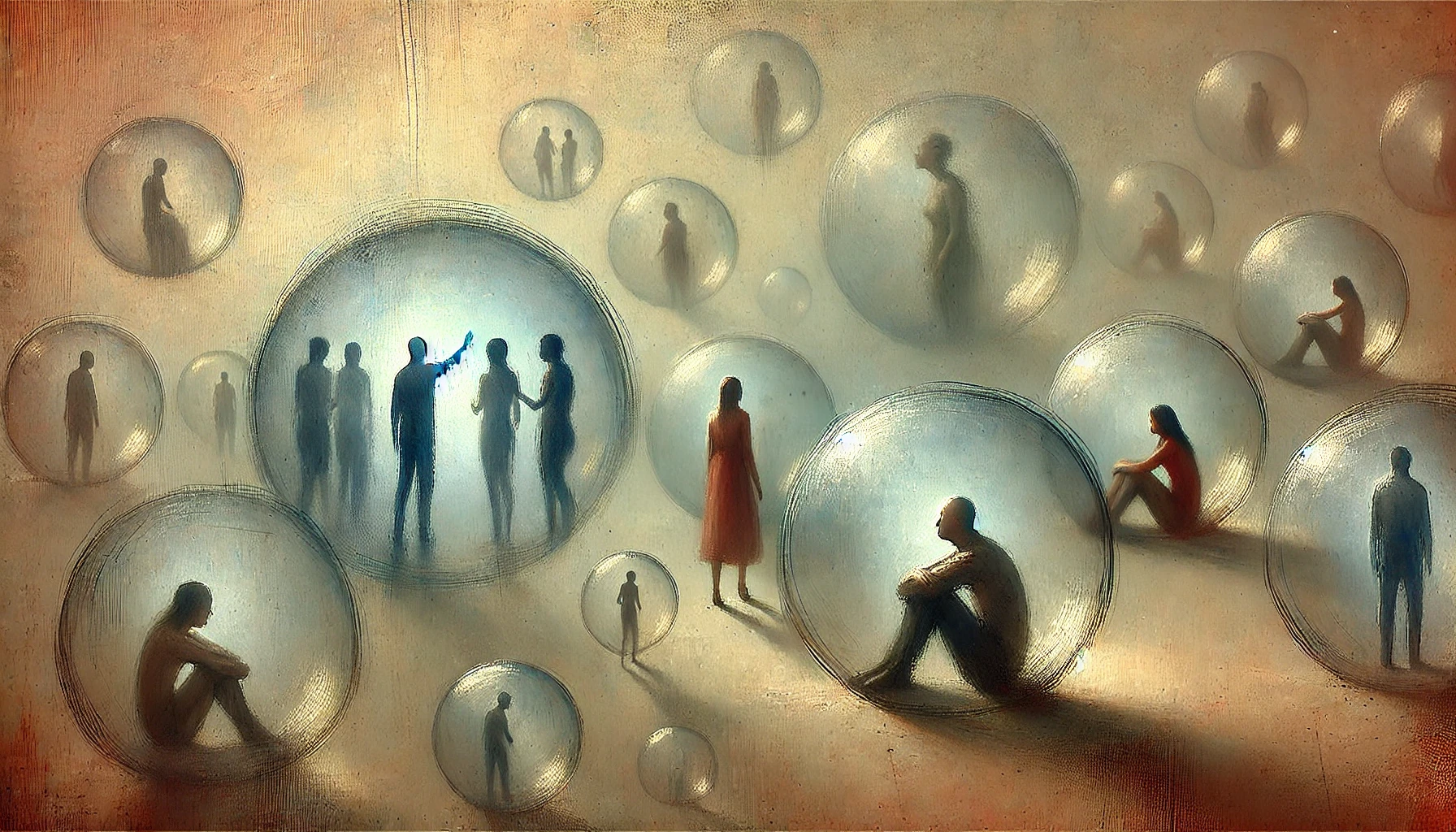
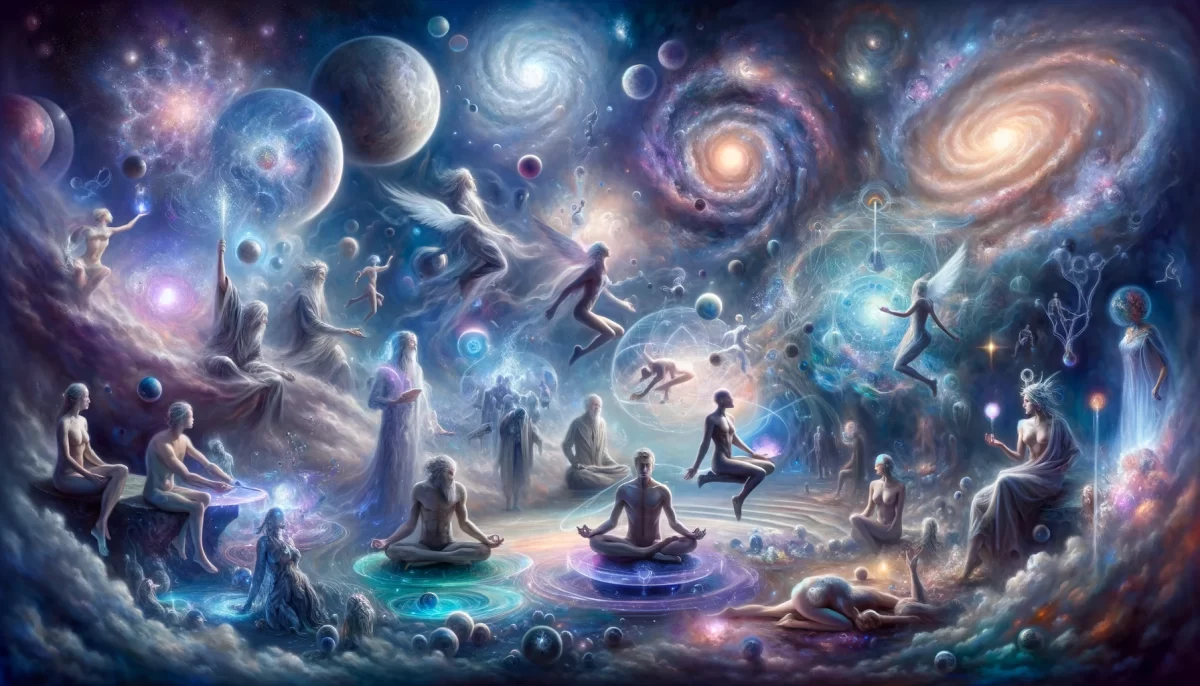
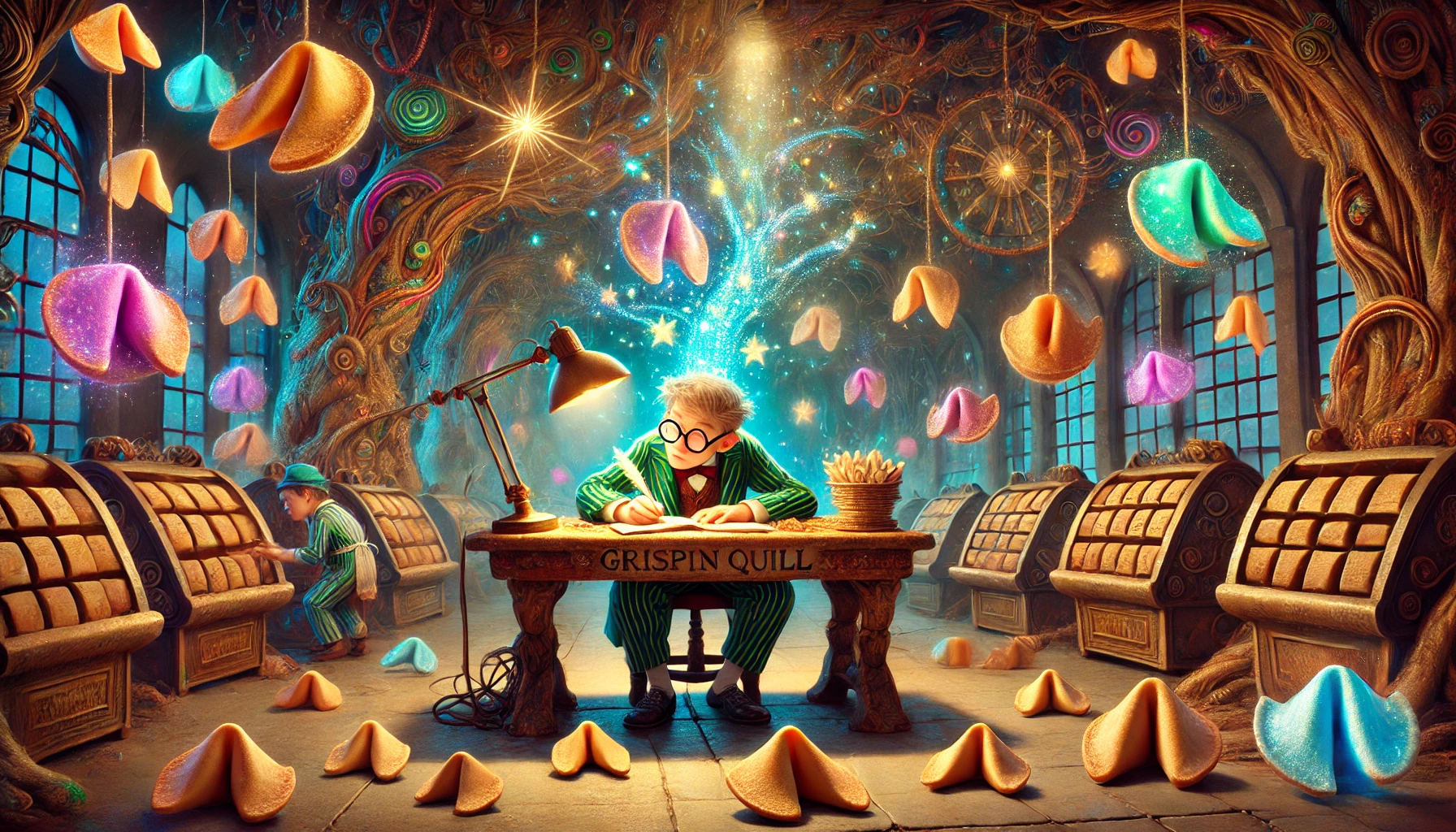
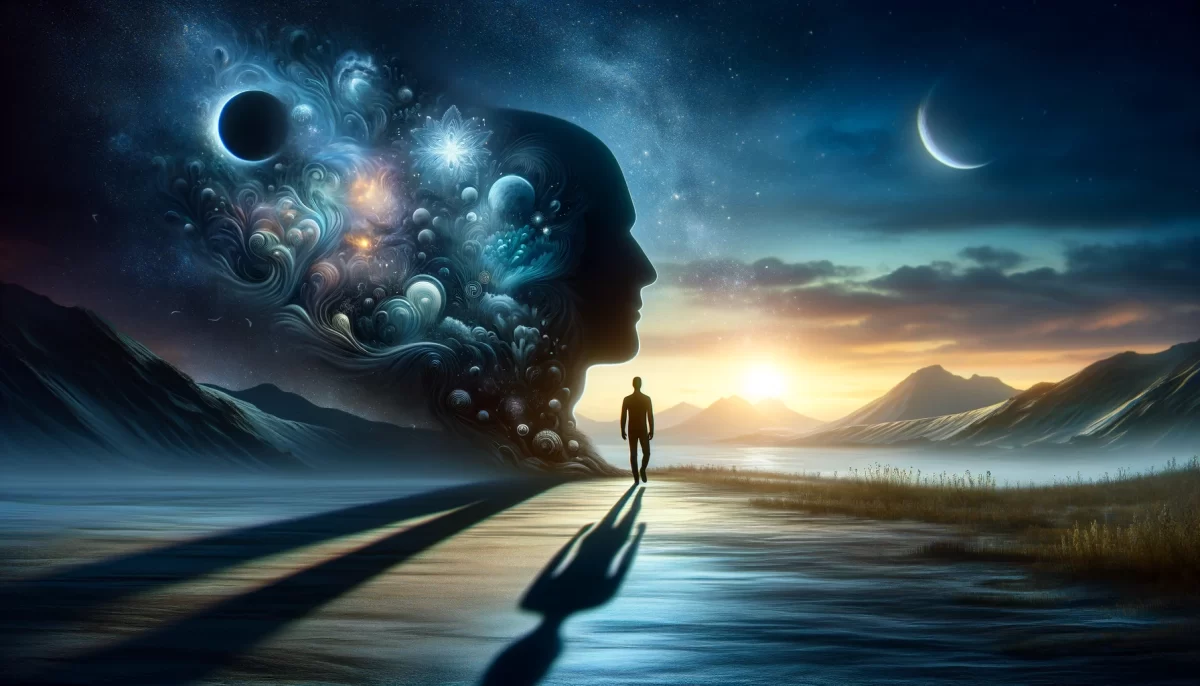
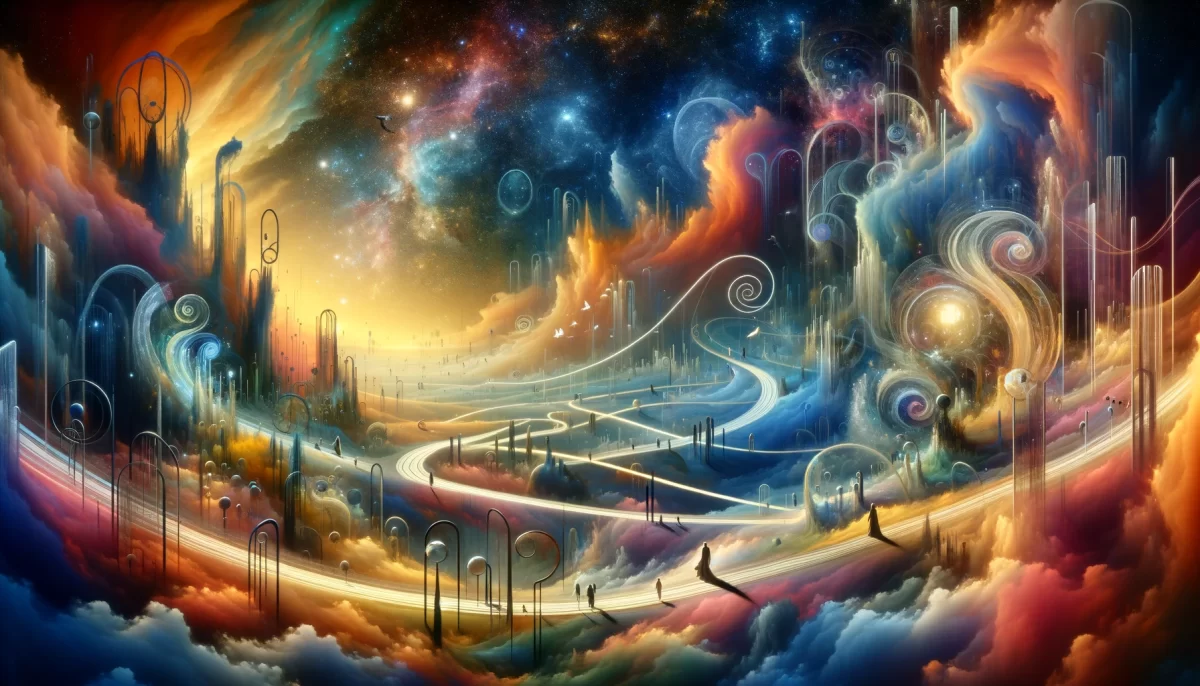

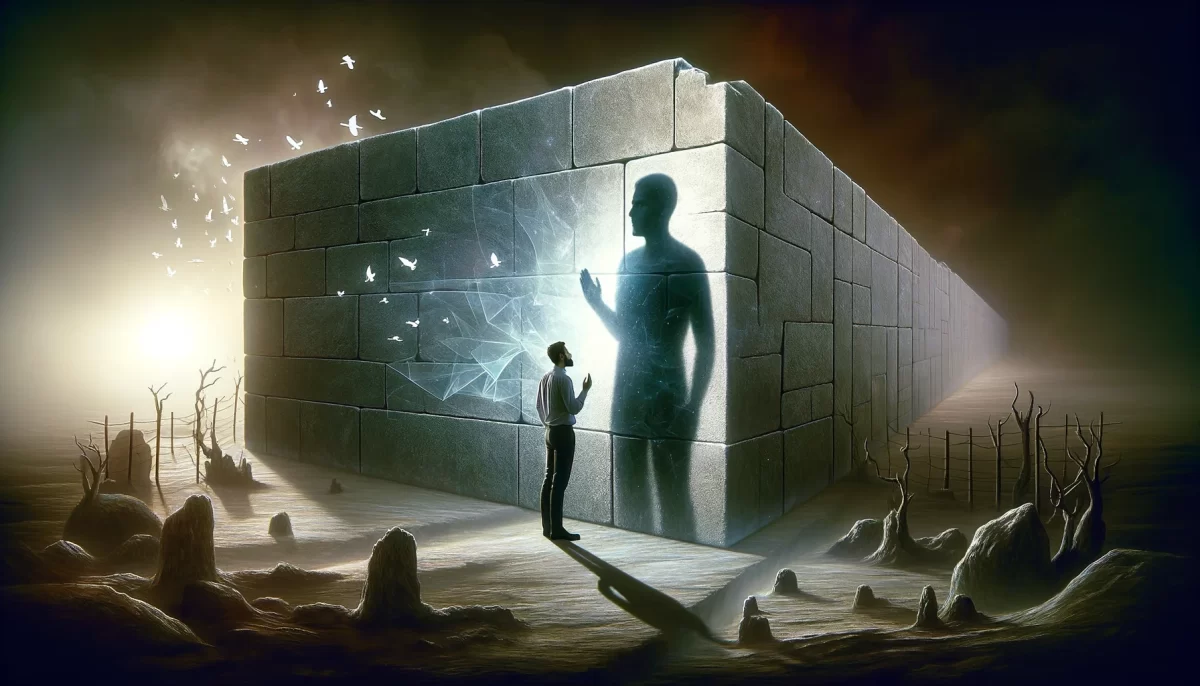
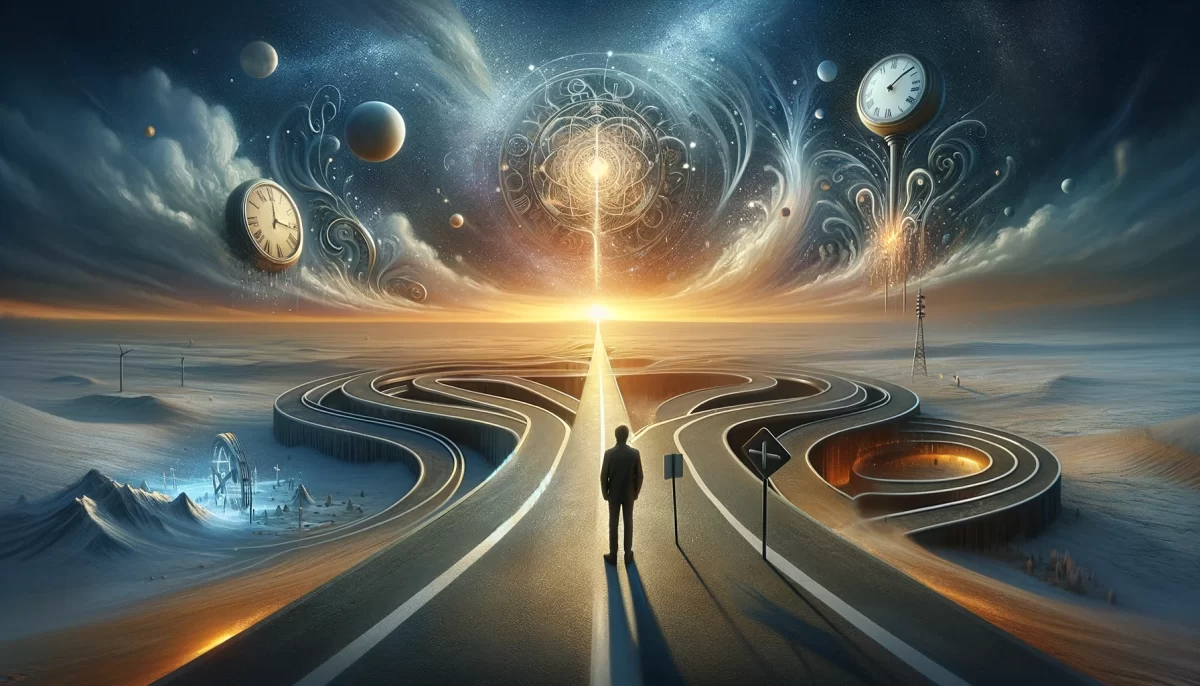
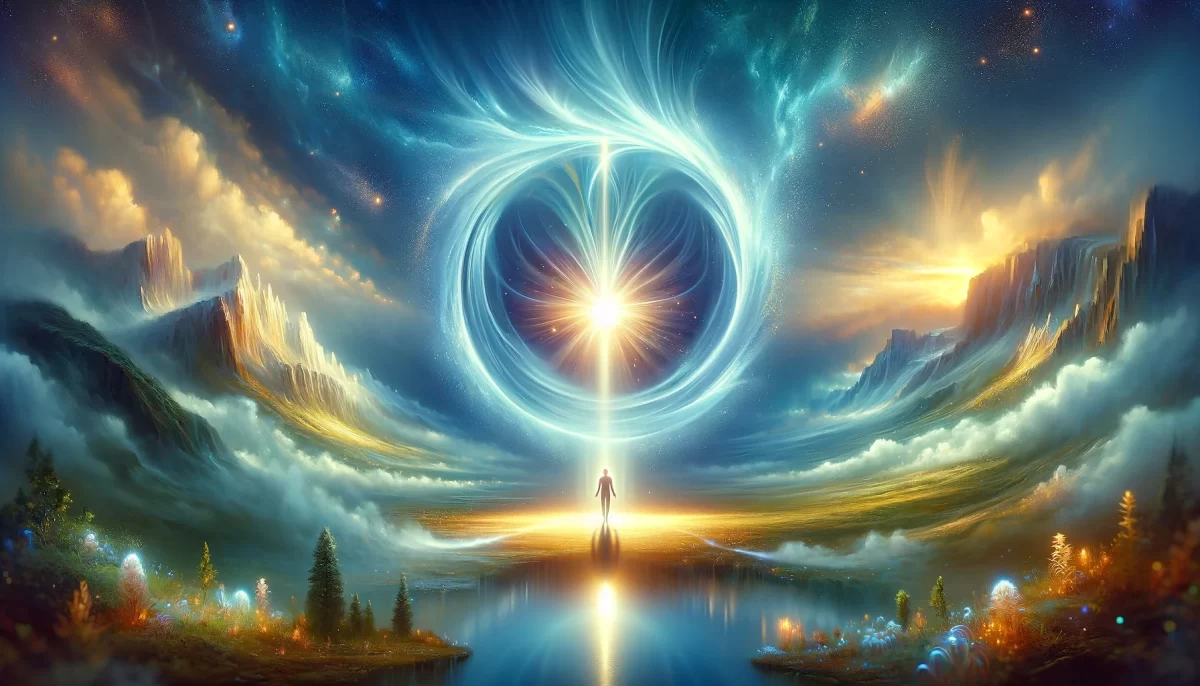
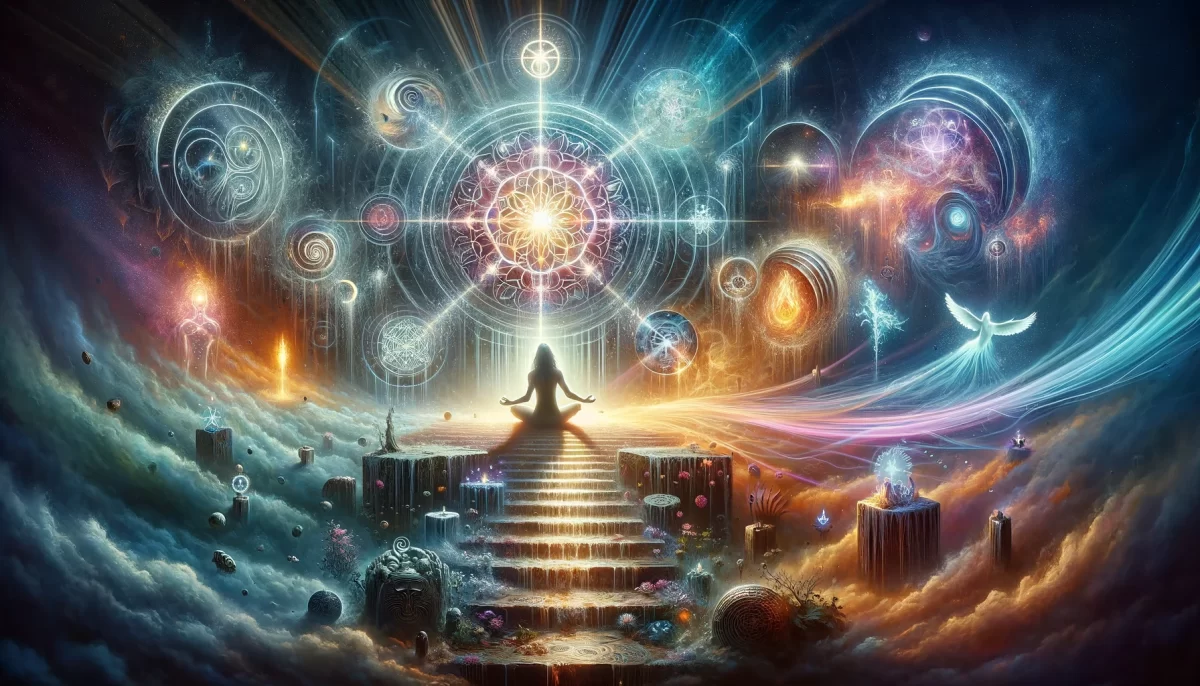
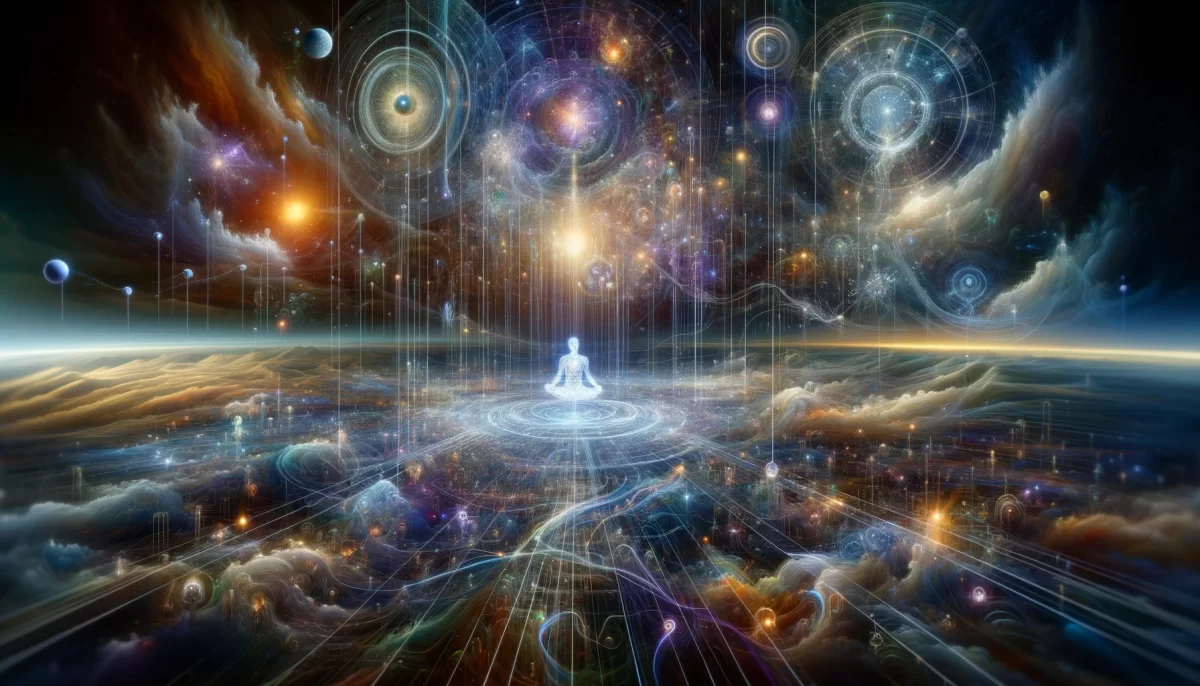
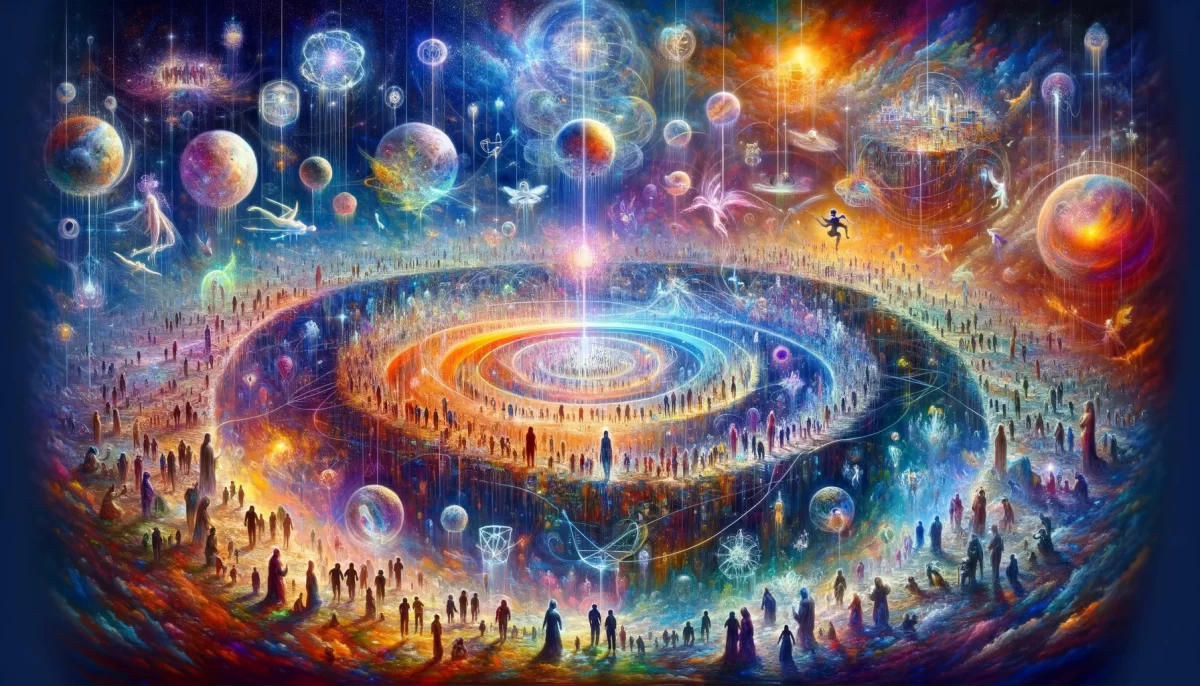
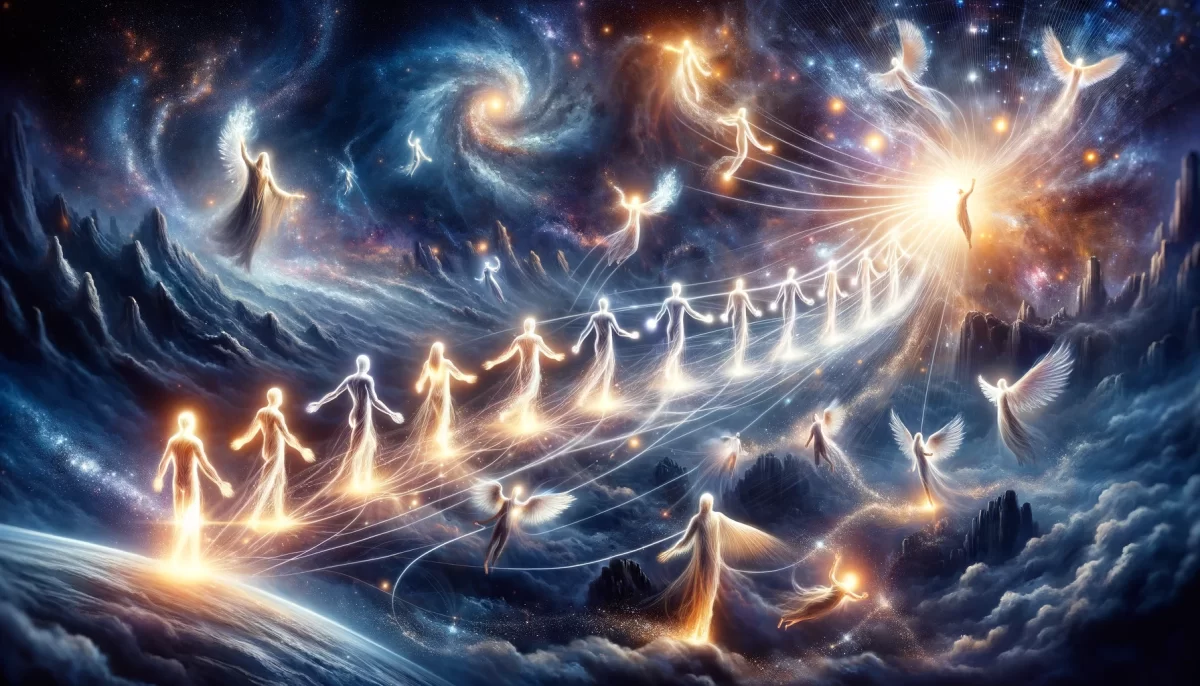
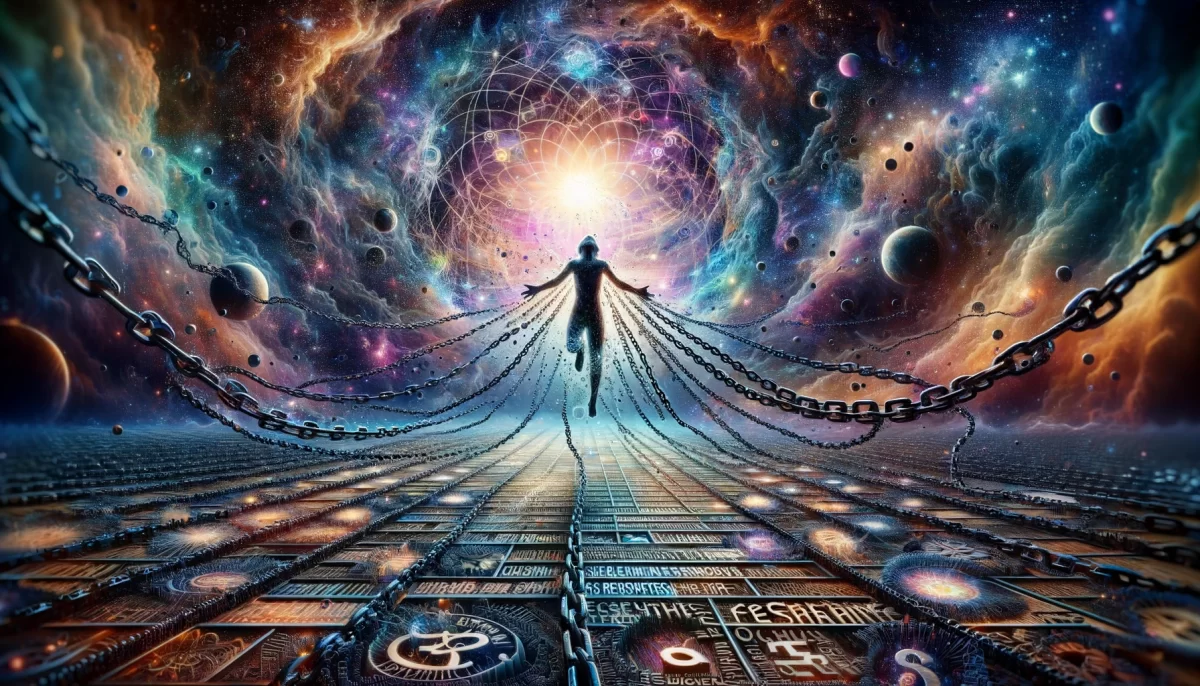
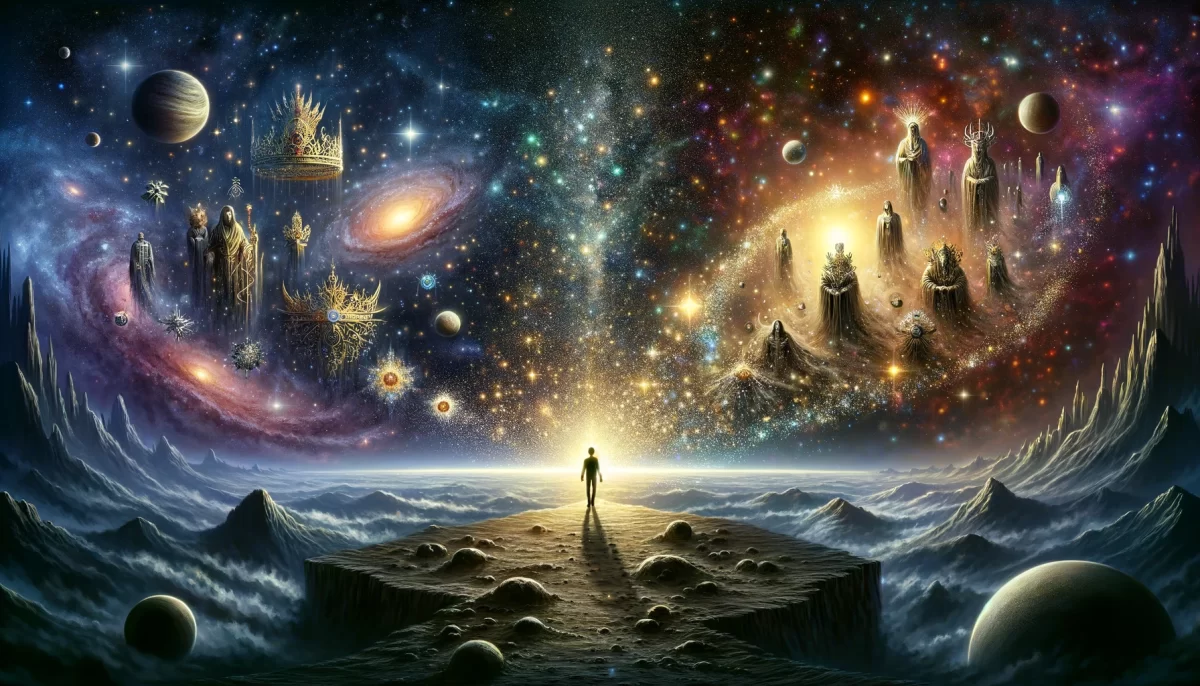
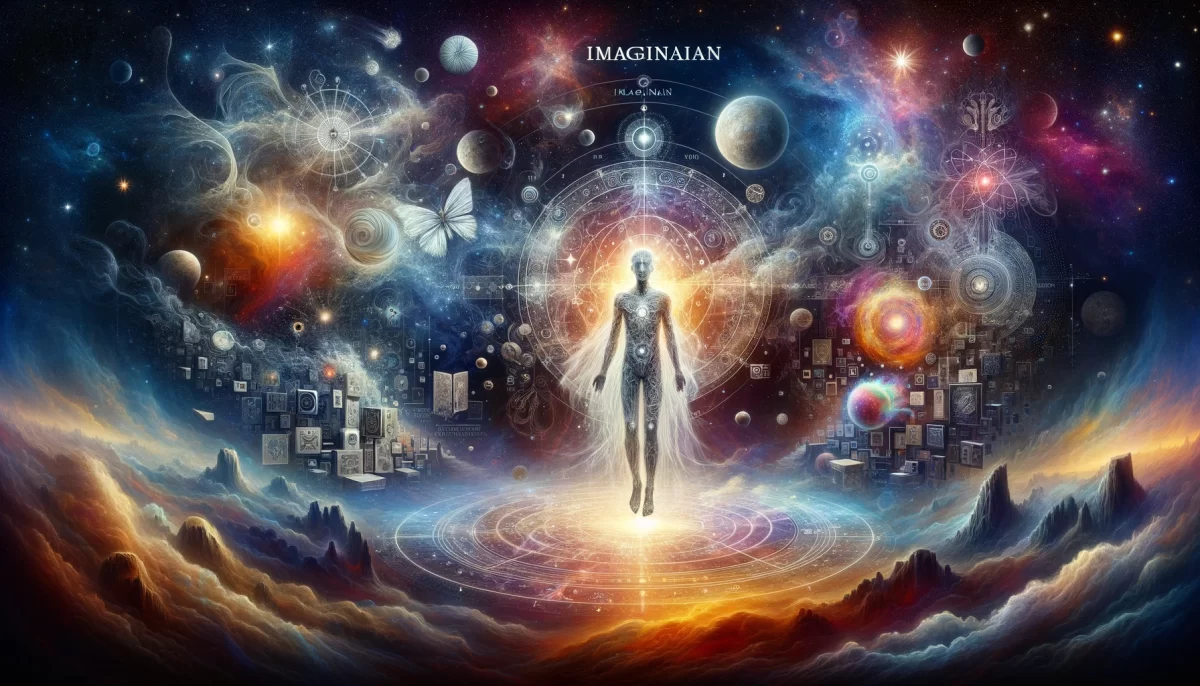
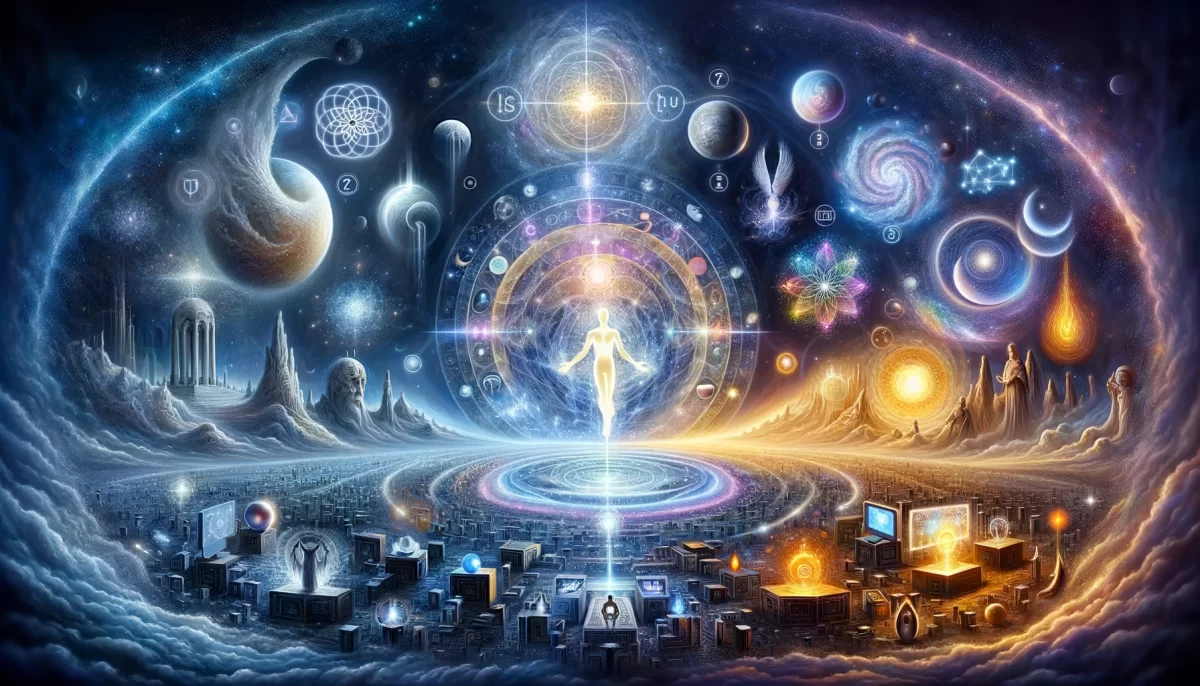
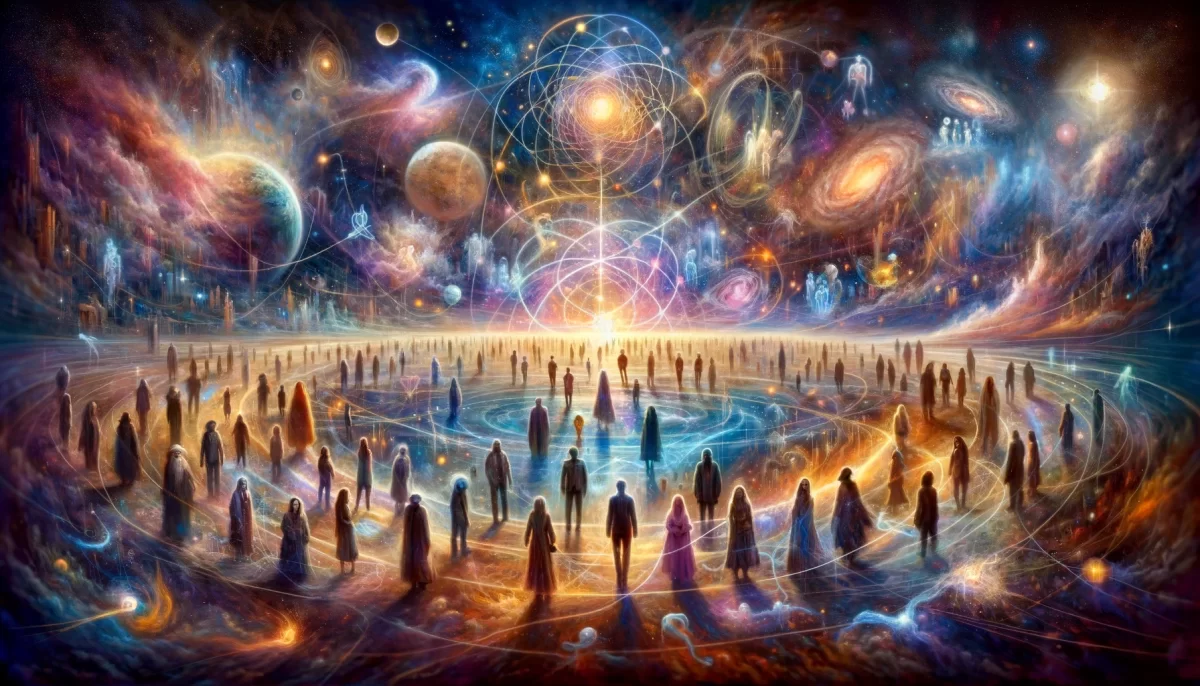
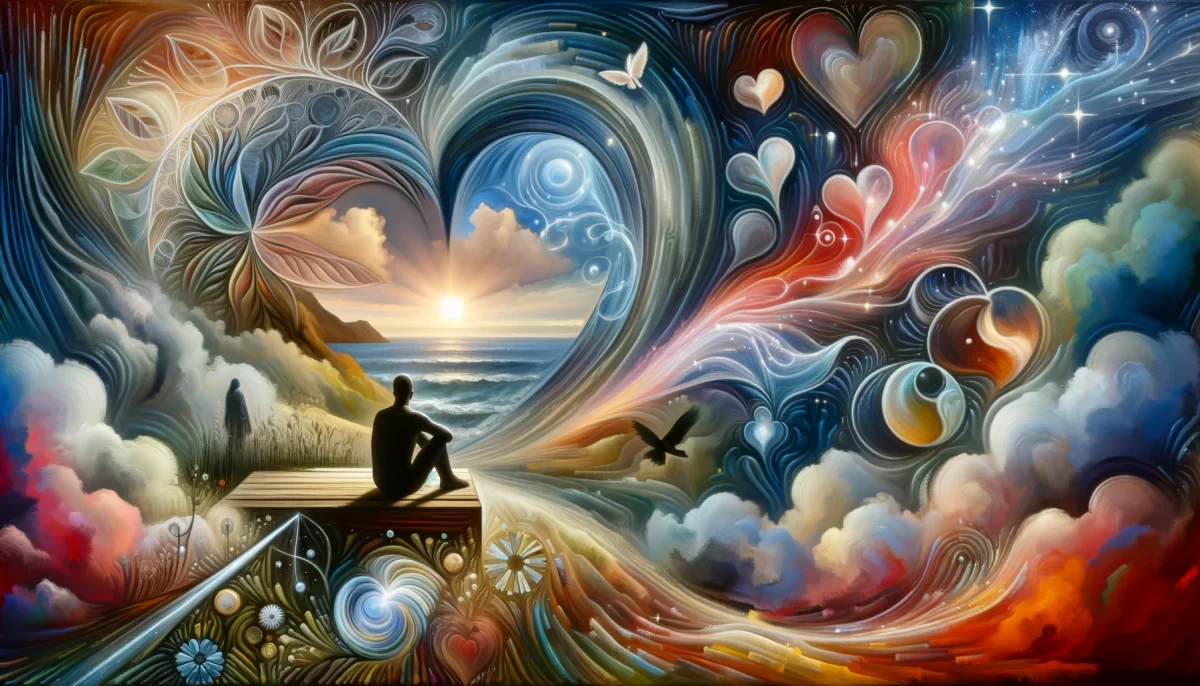
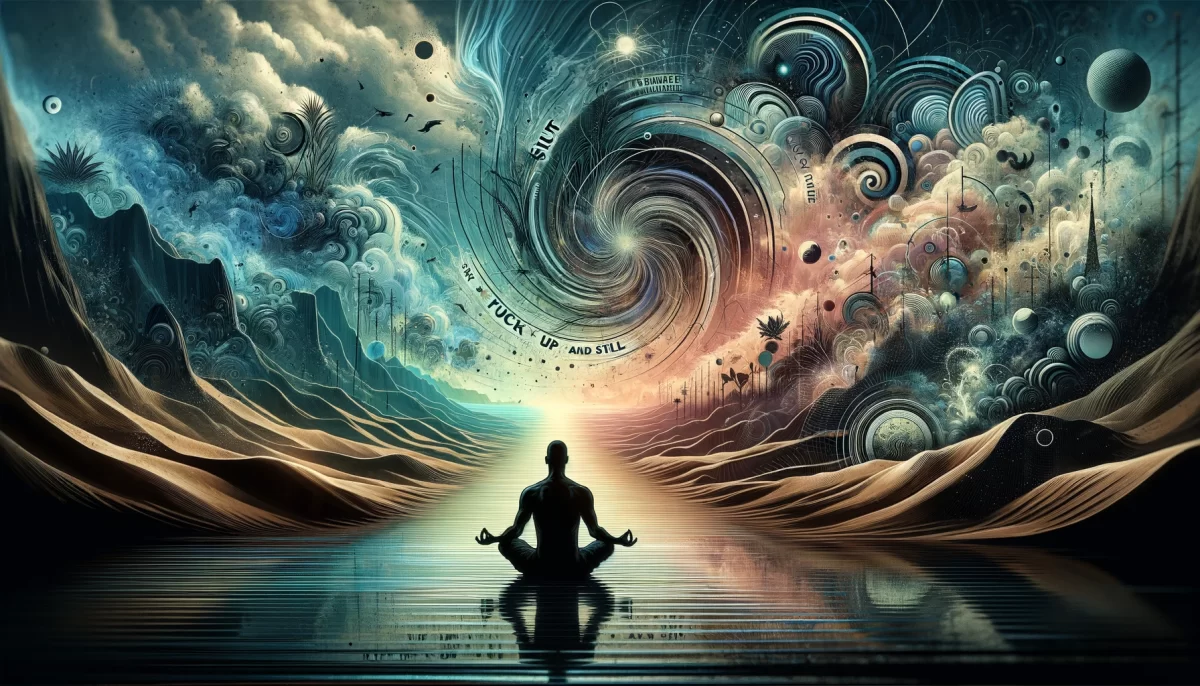
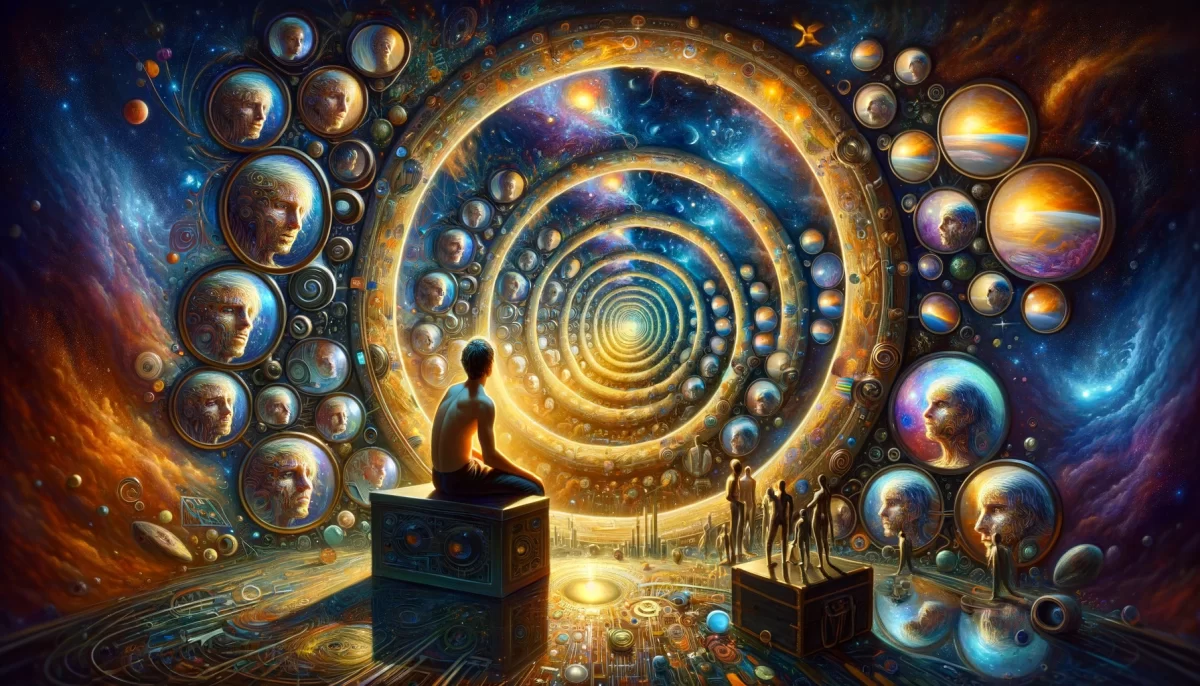
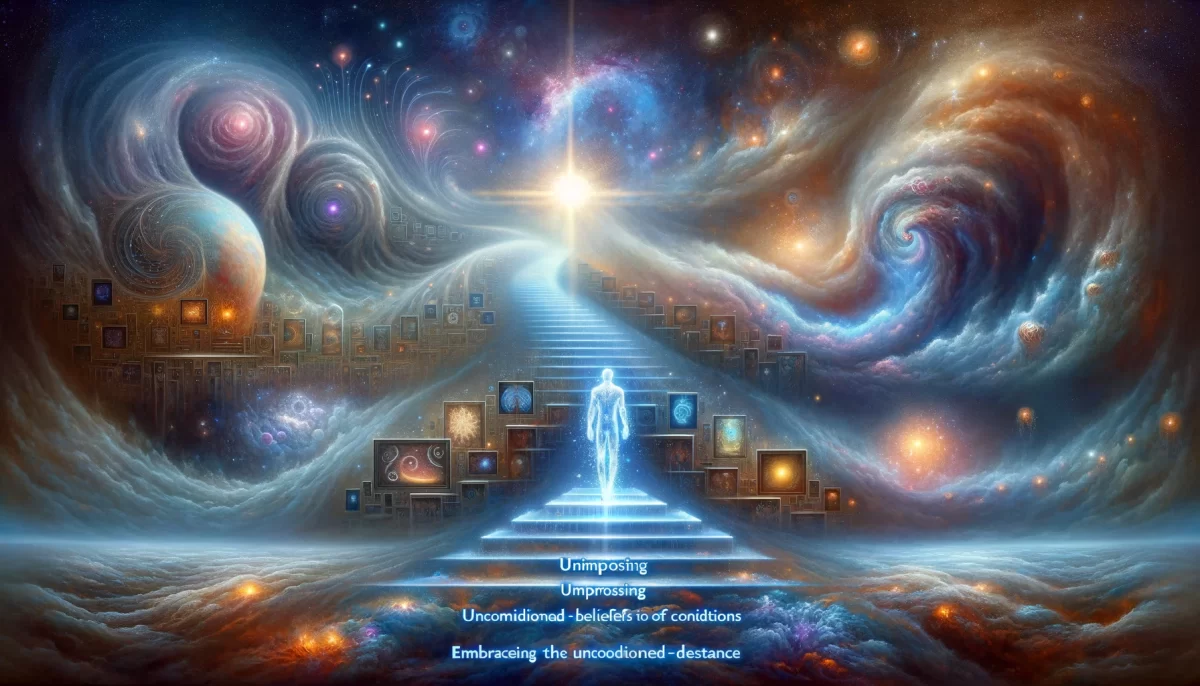
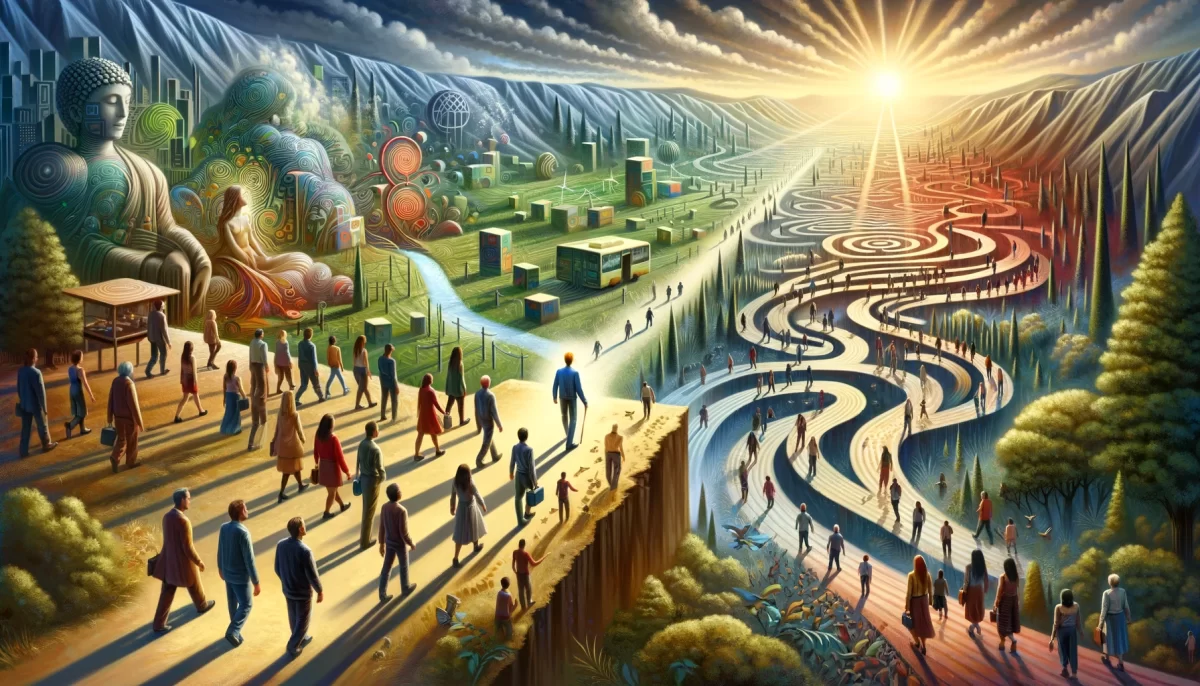
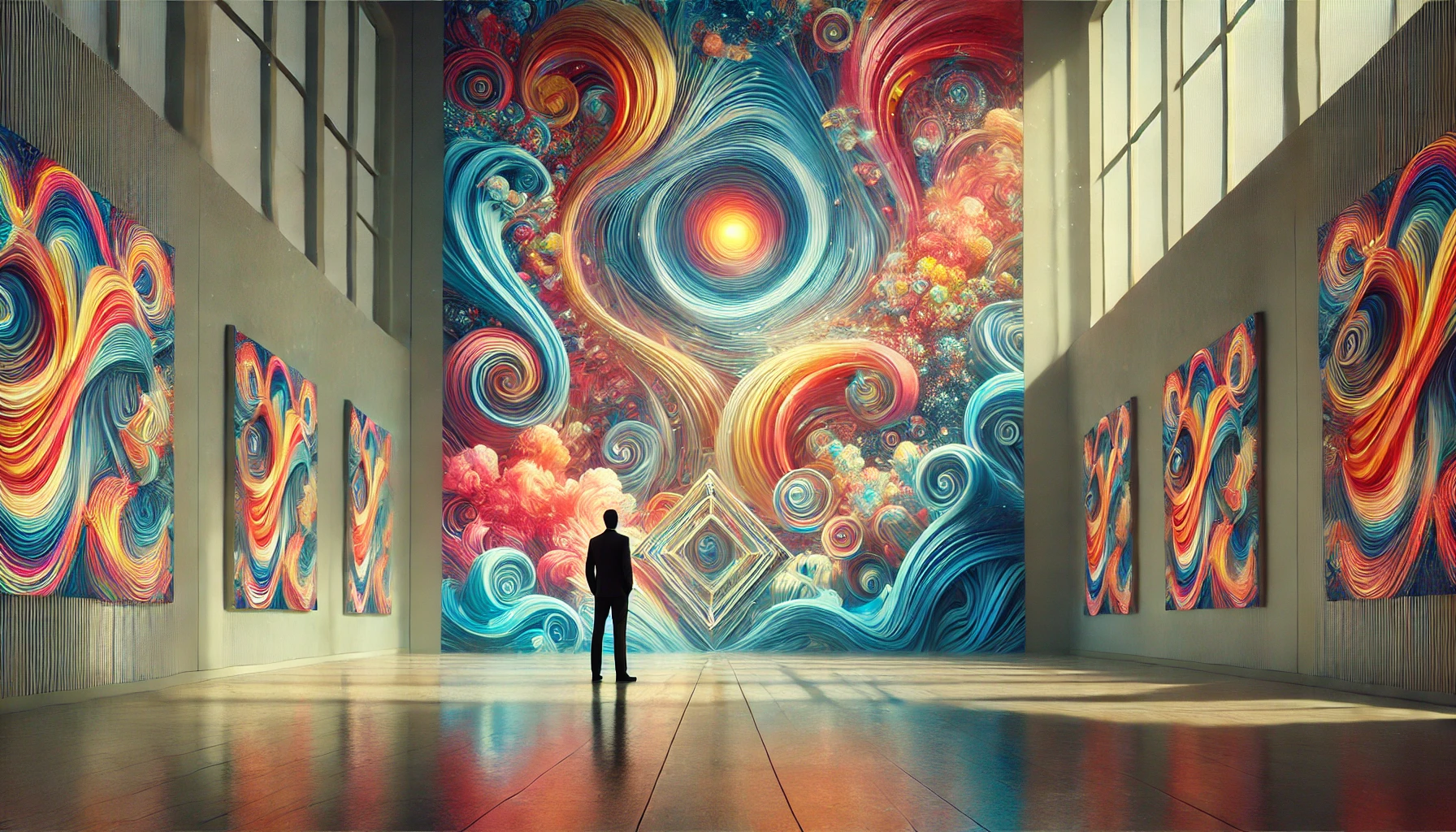

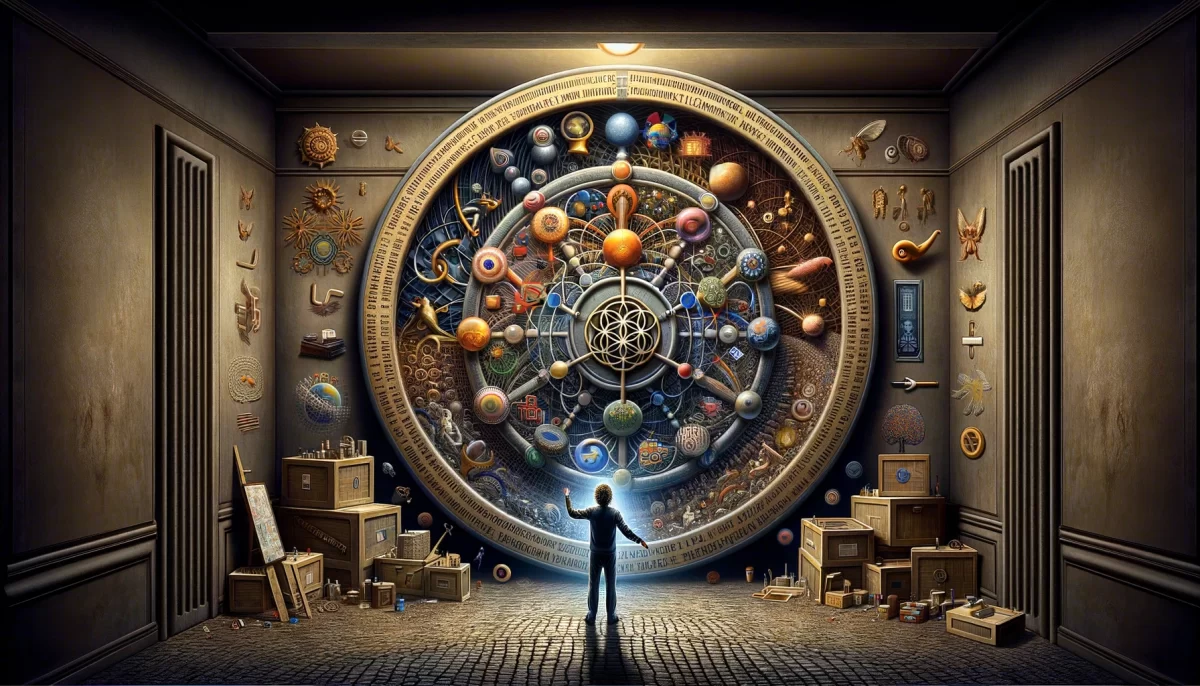
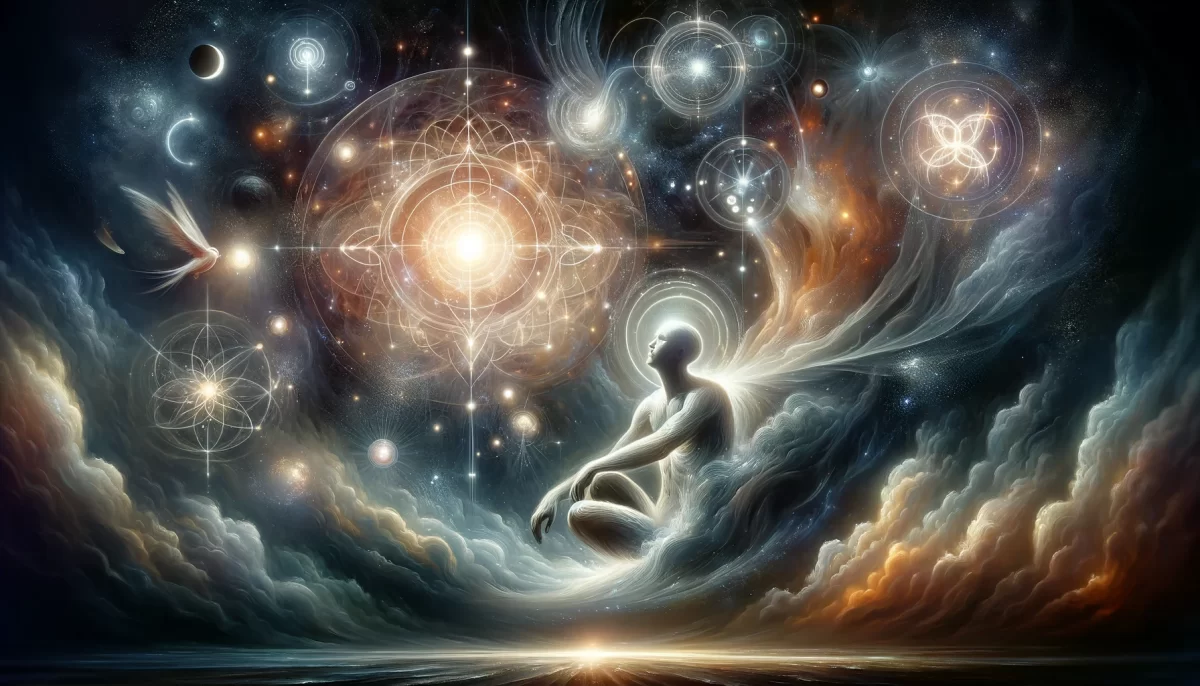
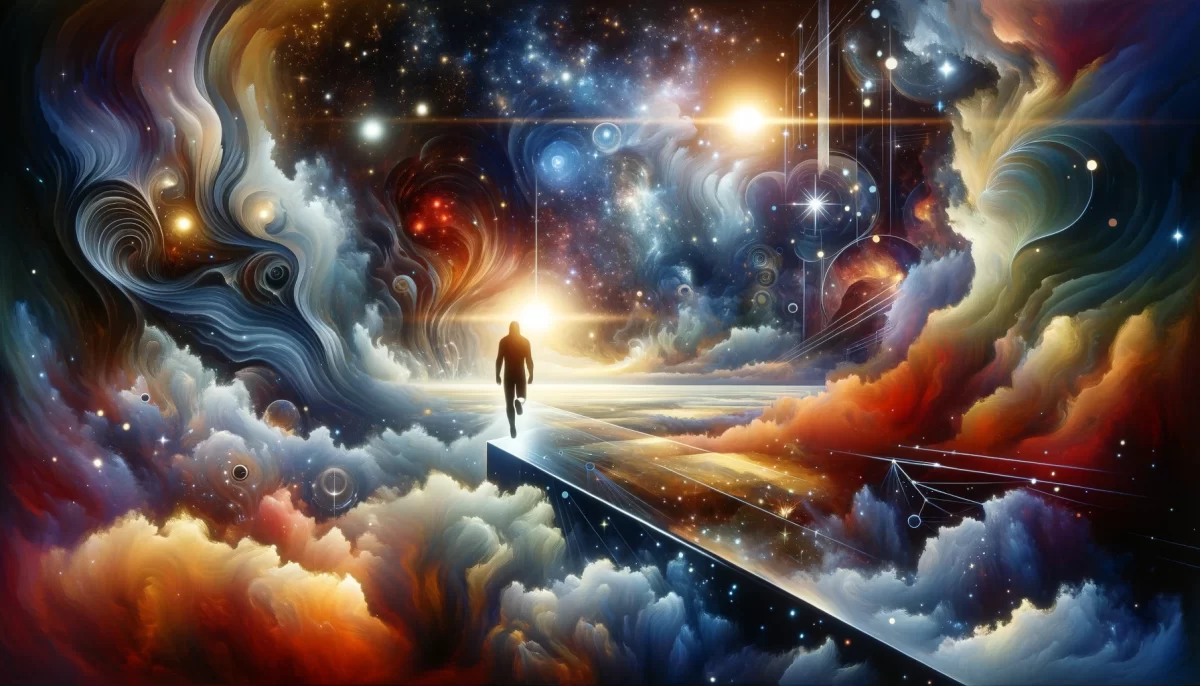
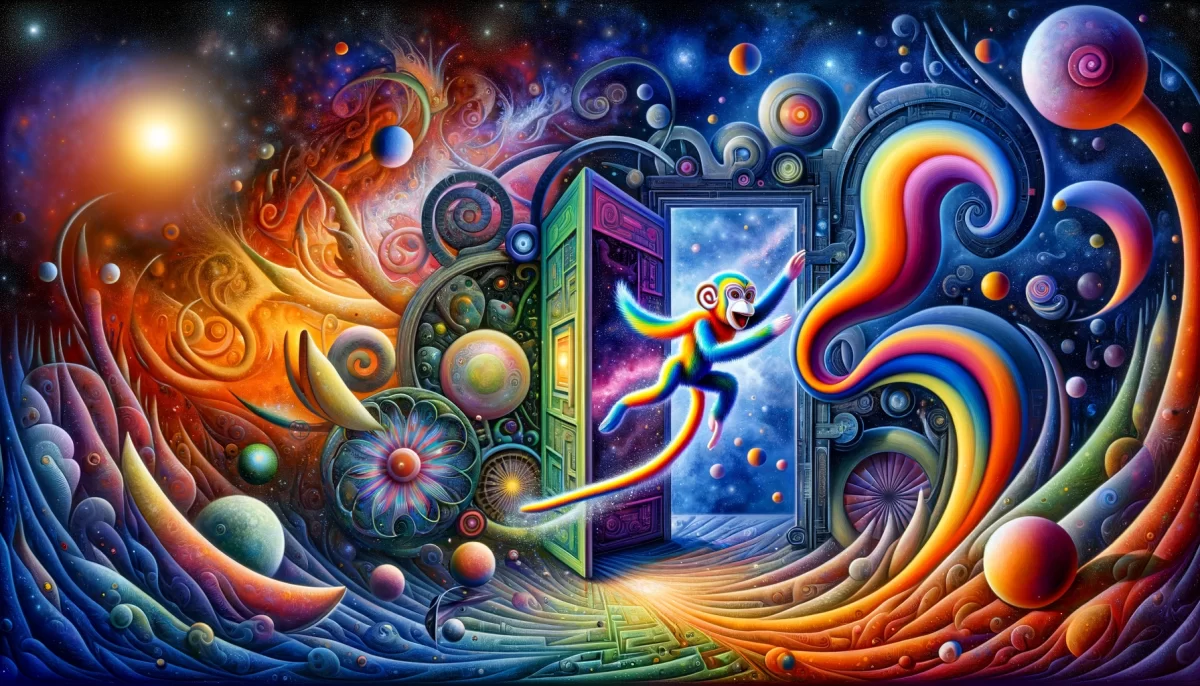
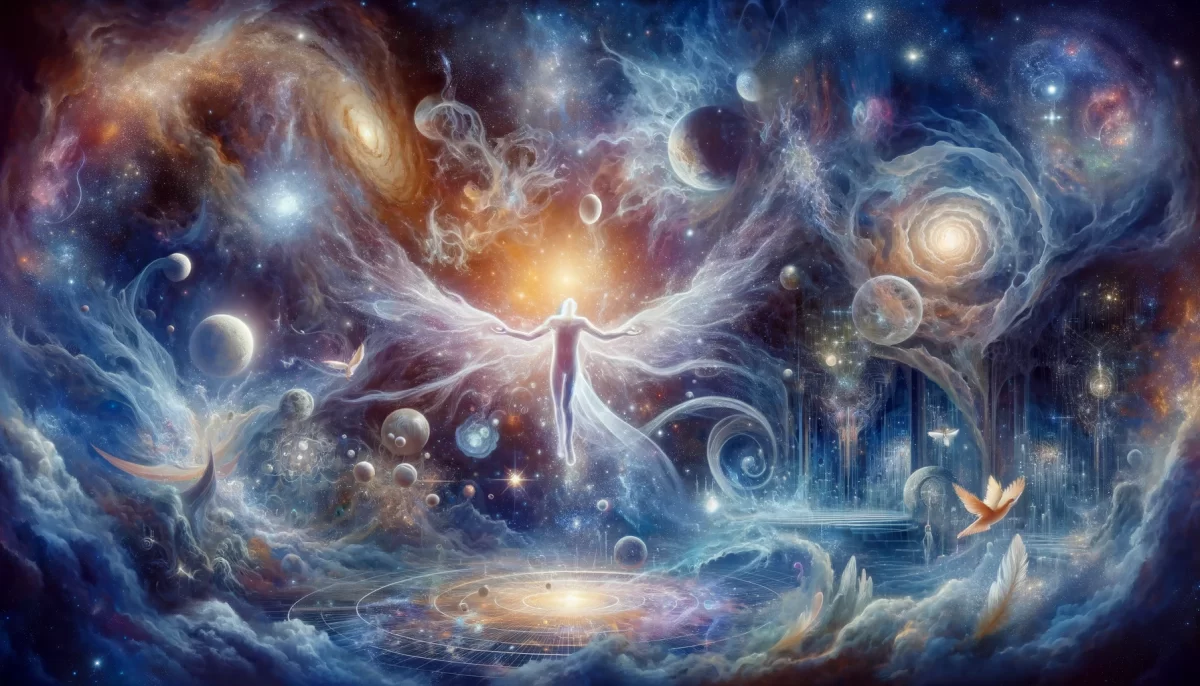
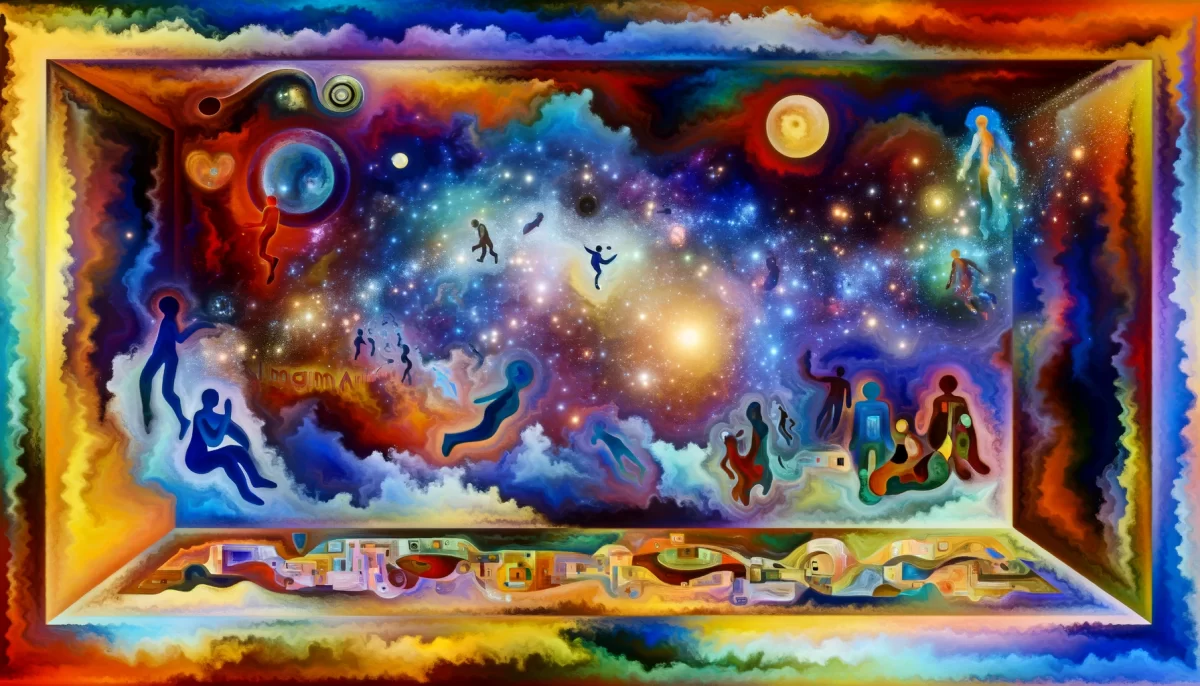
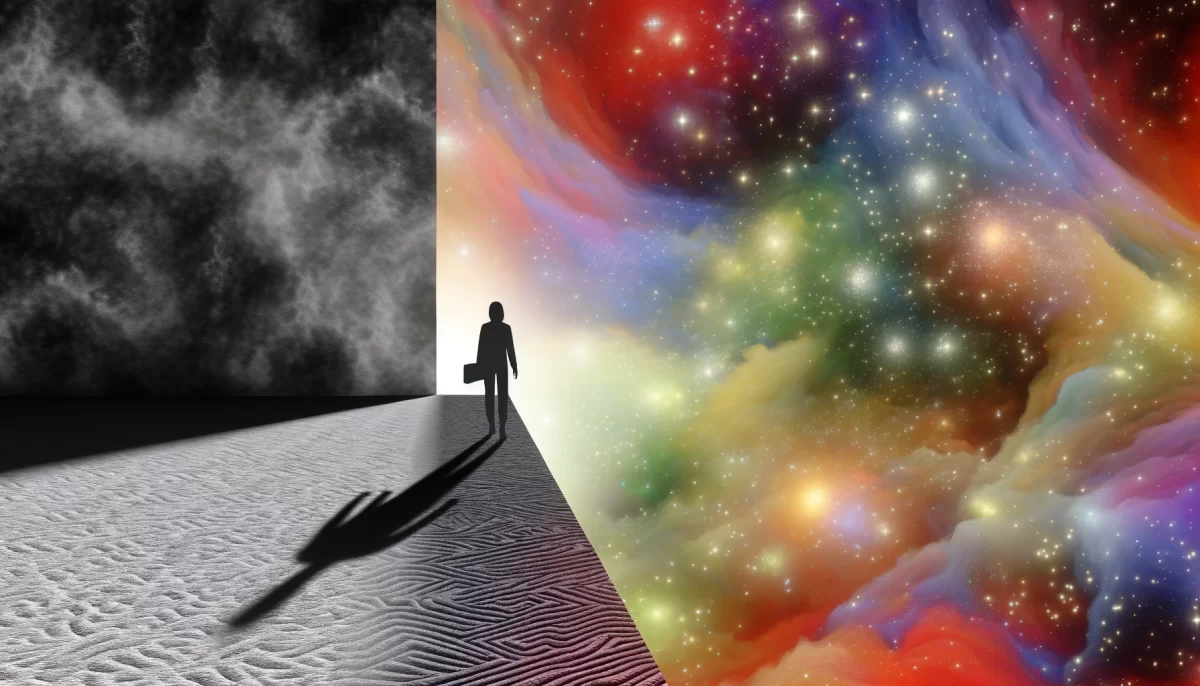
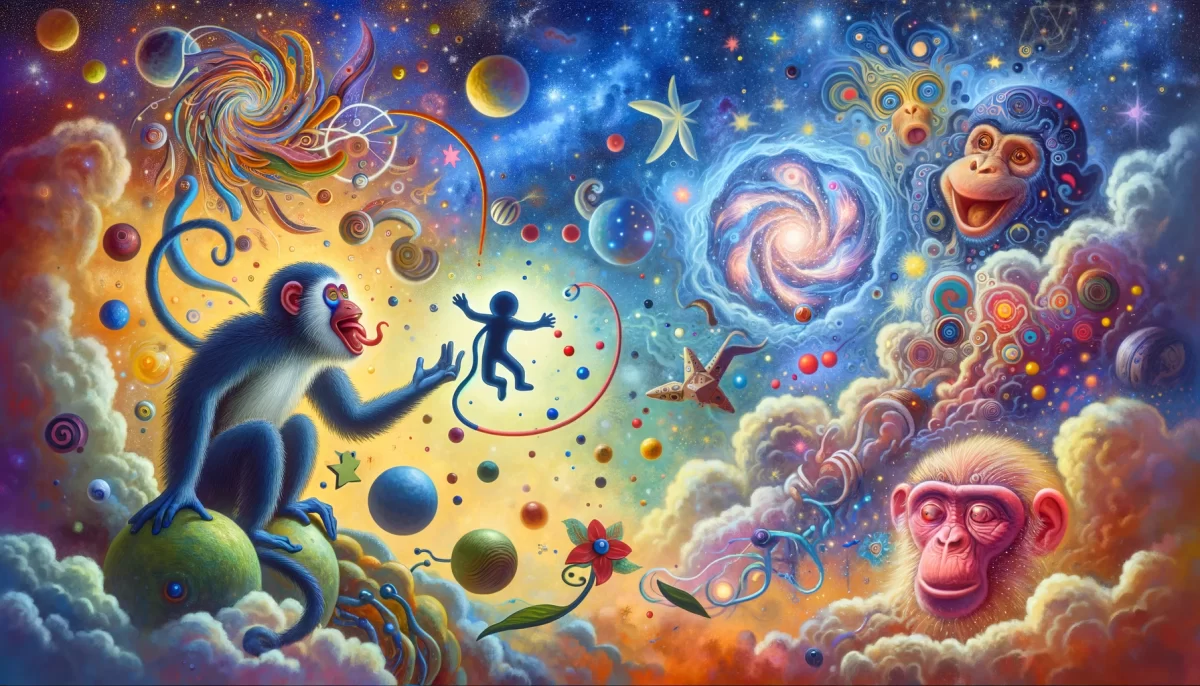
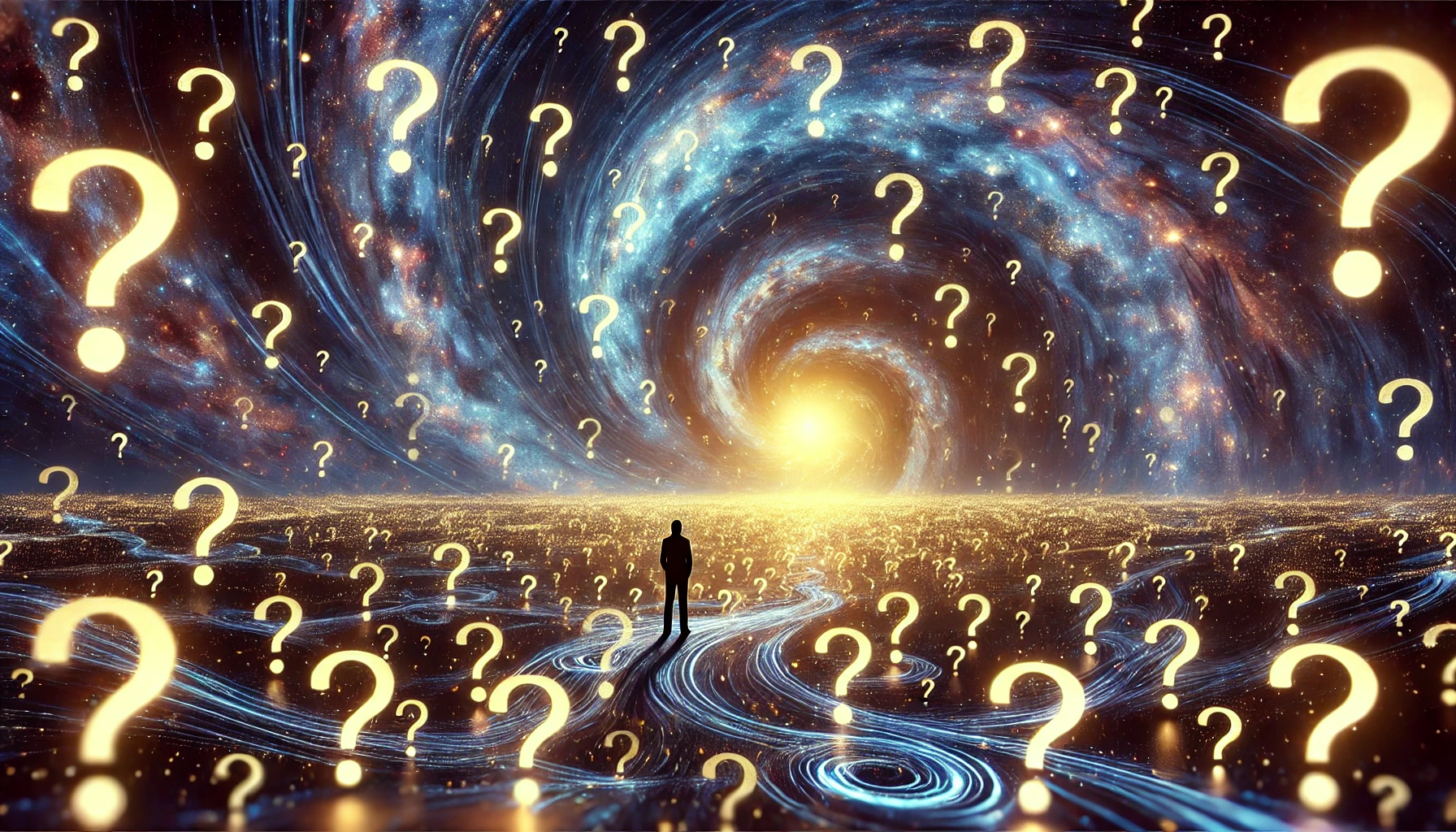
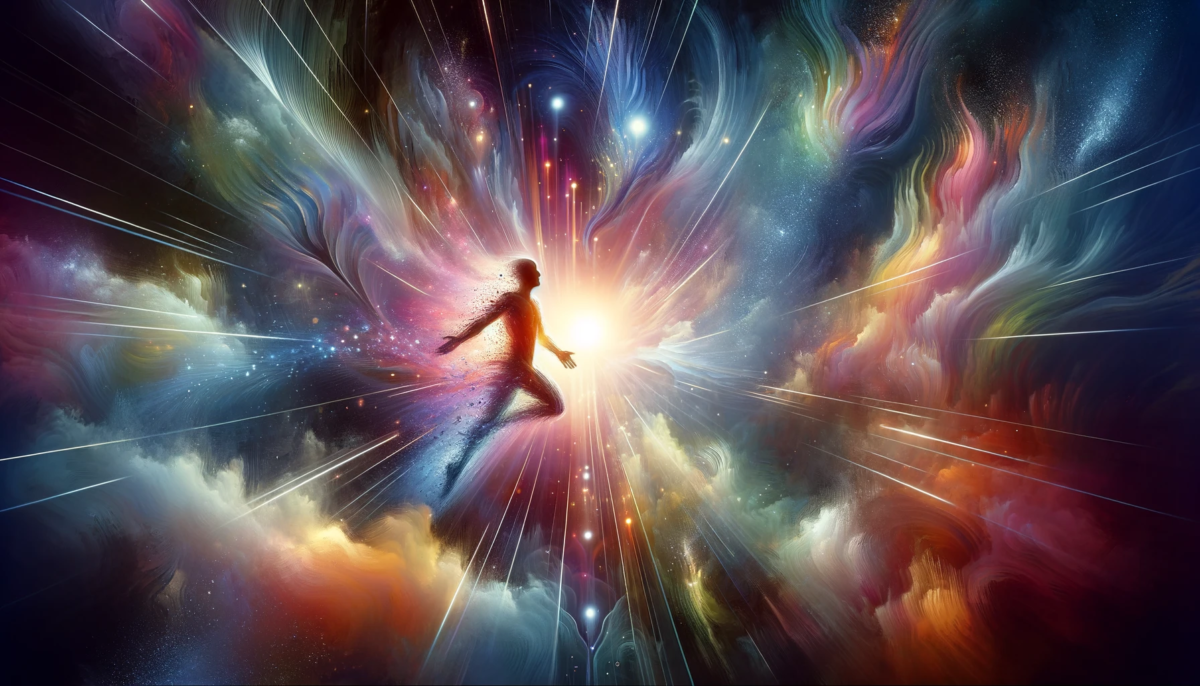
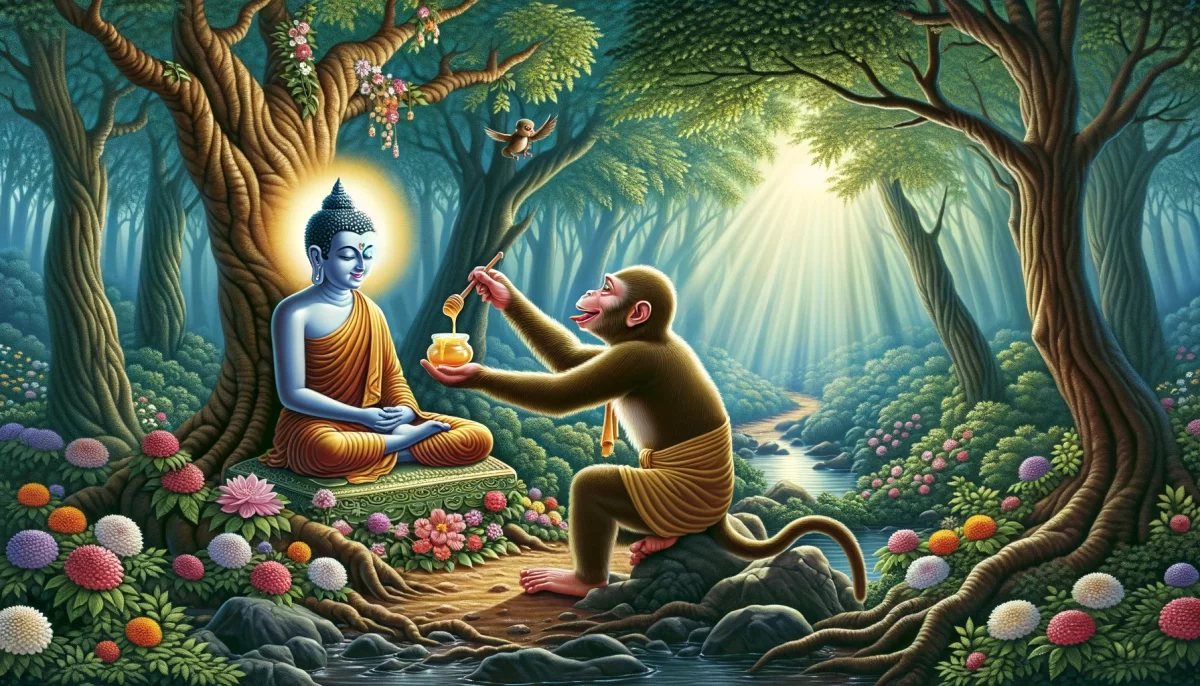
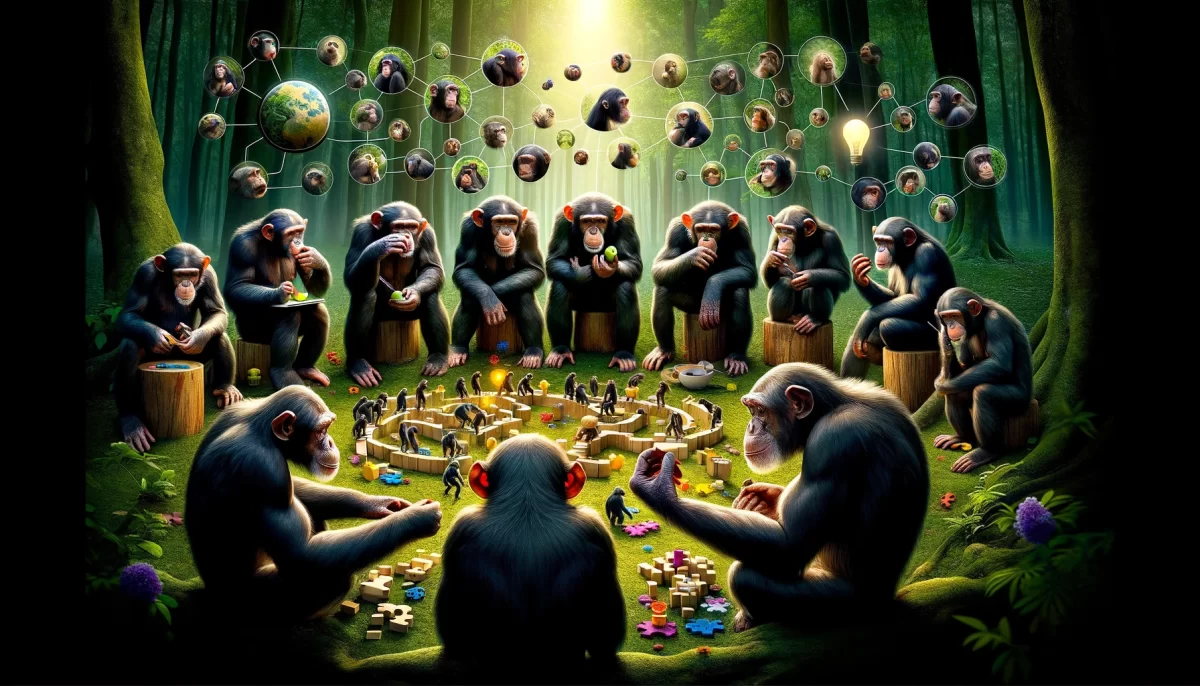
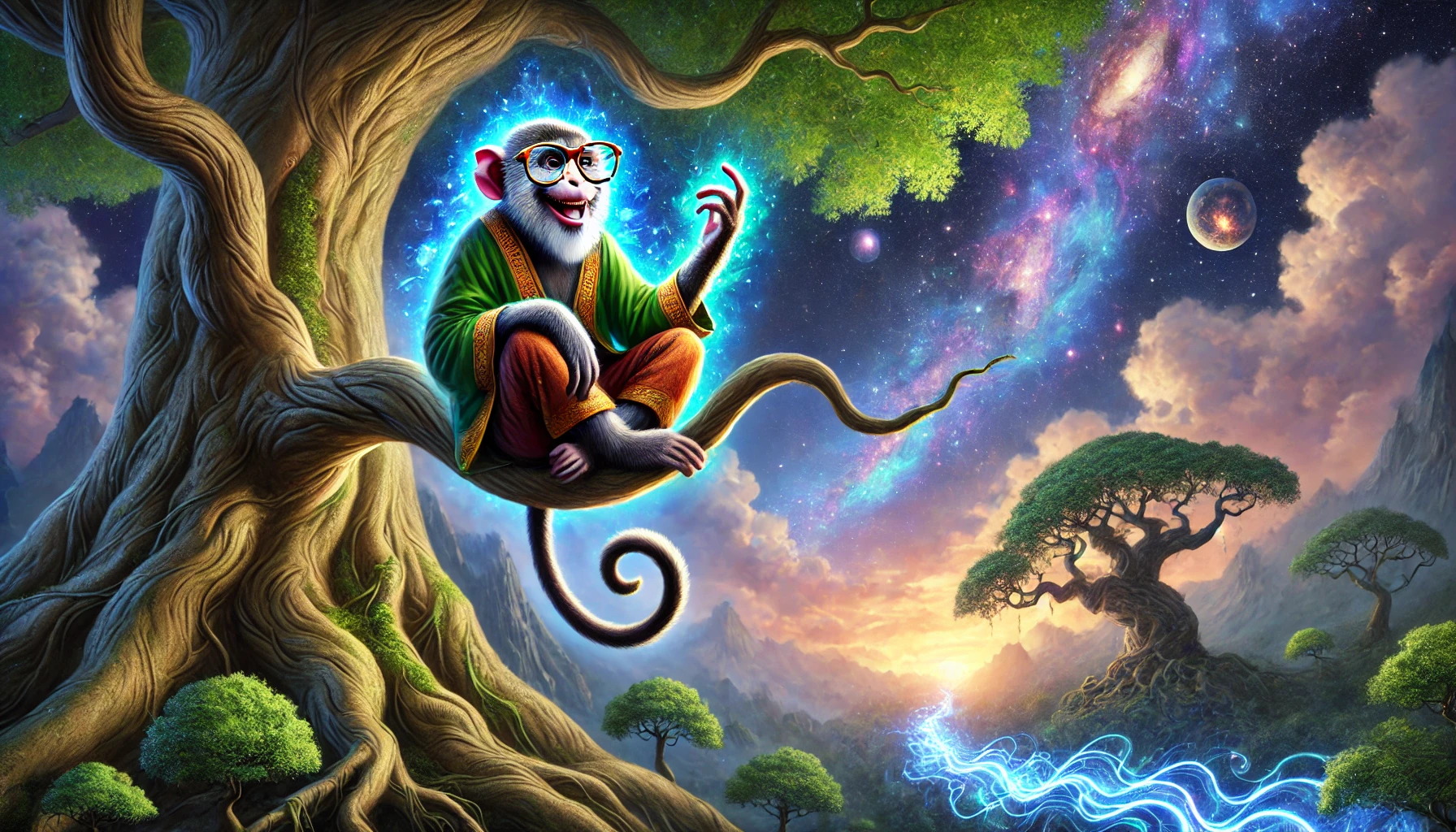
Leave a Reply